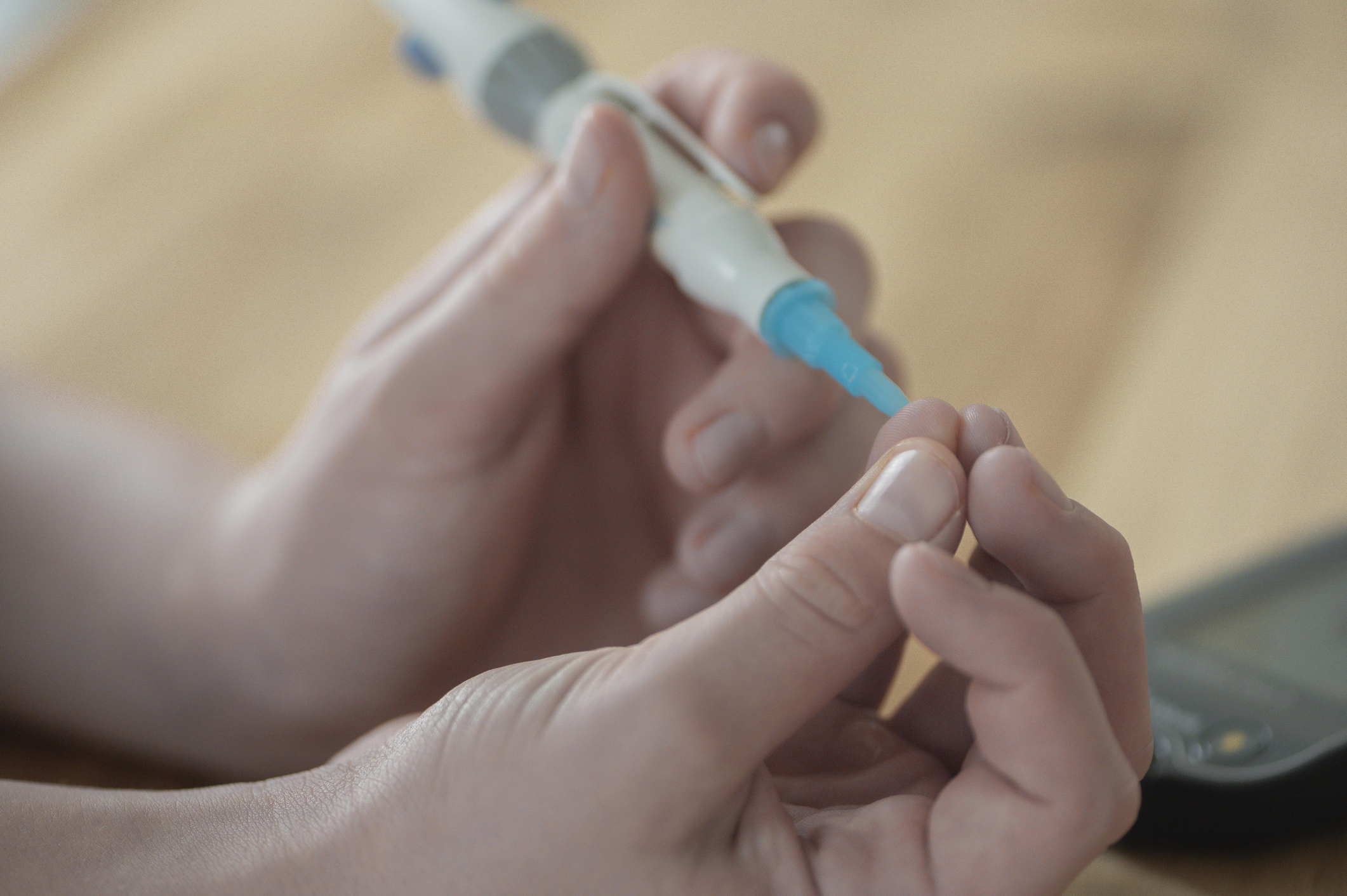Scientists have developed a novel blood test that uses lipids to identify children who are more susceptible to obesity-related problems, such as type 2 diabetes, liver disease, and heart disease.
Researchers at King’s College London discovered a new link between lipids and metabolic disorders in children, which could serve as an early warning system for conditions like liver disease. The study was published in *Nature Medicine*.
The researchers suggest that this blood plasma testing method, already in use in hospitals, could help healthcare professionals detect early signs of disease in children and facilitate quicker access to appropriate treatments.
The findings challenge the widely held belief that cholesterol is the primary cause of obesity-related complications in children, highlighting new lipid molecules that contribute to health risks, such as high blood pressure, independent of a child’s weight.
Traditionally, lipids have been considered fatty acids in the body, categorized as either good or bad cholesterol or triglycerides, which are the most common fats in the bloodstream. However, recent research from the same group of scientists suggests that the relationship between lipids and health is more complex.
Using a chemistry technique called mass spectrometry, the team identified thousands of different lipid types in the body, each with unique functions. They conducted a control study involving 1,300 children with obesity and assessed their blood lipids. Of these, 200 children underwent the HOLBAEK model, a lifestyle intervention for obesity popular in Denmark, for a year.
Subsequent tests showed that lipid levels associated with diabetes risk, insulin resistance, and blood pressure decreased in the intervention group, despite limited improvements in some children’s BMI.
Dr. Cristina Legido-Quigley, a group leader in Systems Medicine at King’s College London, Head of Systems Medicine at the Steno Diabetes Centre Copenhagen (SDCC), and the study’s principal author, explained: “For decades, scientists have relied on a classification system for lipids that split them into good and bad cholesterol.
Now, with a simple blood test, we can assess a much broader range of lipid molecules that could serve as vital early warning signs for illness. In the future, this could be an entirely new way to evaluate a person’s personal risk of disease, and by studying how to alter lipid molecules in the body, we could even prevent metabolic diseases like diabetes.”
While obesity remains a risk factor for conditions like fatty liver disease, the researchers hope that doctors can use these lipid measurements to identify children at risk early, rather than focusing solely on their weight.
Dr. Karolina Sulek, who conducted the analysis at the SDCC, said: “Early recognition of children at risk for these life-threatening diseases is crucial. The study provides strong evidence of the need for effective obesity management and gives parents confidence to intervene more compassionately in their children’s lives, helping them to lose weight.”
The next step for the researchers is to explore how genetics influence lipids and what this means for metabolic diseases, as well as how lipid levels can be altered to improve health.




















